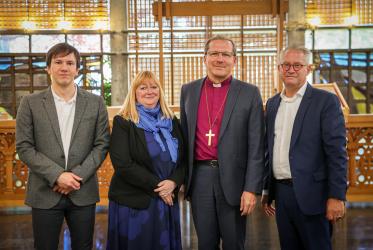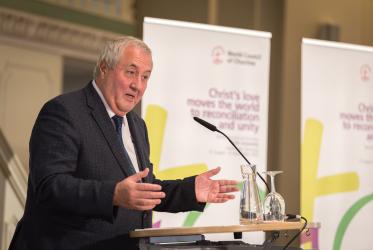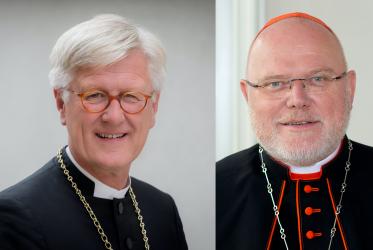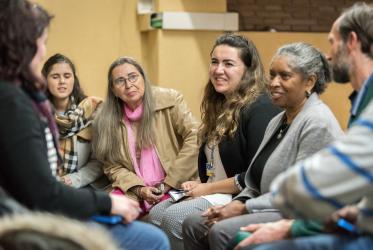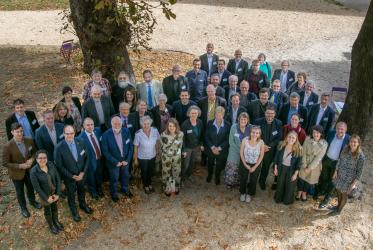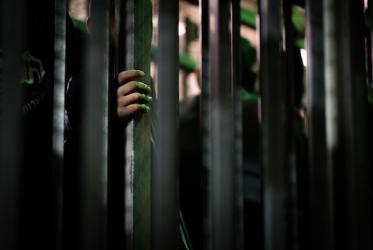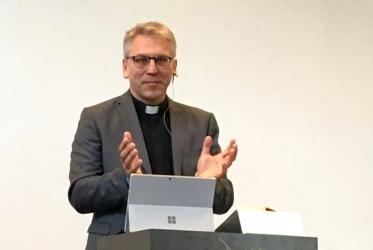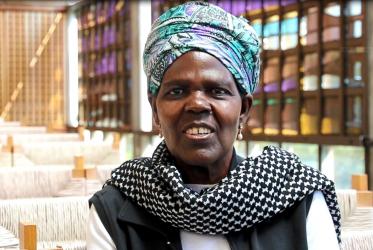Displaying 1 - 20 of 43
WCC hosts visitors from Finland, Germany, and Sweden
29 September 2023
WCC honoured with Geneva Engage Award
01 February 2022
Dr Abuom reflects on women of faith as healers of creation
05 October 2021
Rethinking Ecological Relationships in the Anthropocene era
11 - 13 February 2021
Driven by God’s grace and a sense of duty
05 November 2020
WCC moderator “A call for equality in God’s house”
08 April 2019
Faith groups at COP24 advocate for just transitions
05 December 2018

